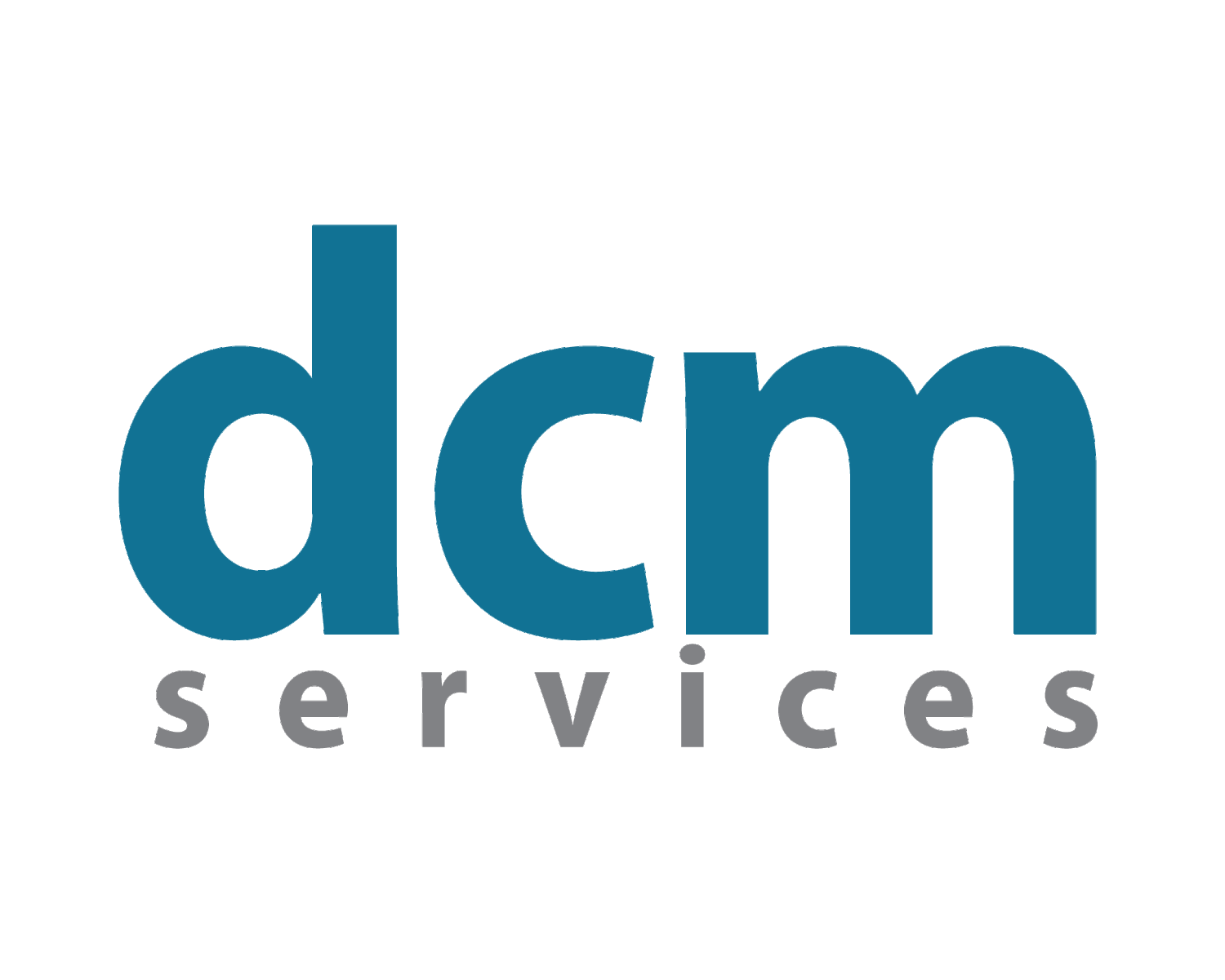By Matt Rehnelt, Business Development Manager
Inheritance, the passing down of assets and wealth from one generation to another, has significant implications for individuals and society at large. Each generation's expectations regarding inheritance are shaped by economic trends, societal changes, and personal circumstances. Let's explore what different generations can anticipate in terms of inheritance, based on current research and trends.
Baby Boomers (Born 1946-1964)
Baby Boomers, often considered one of the wealthiest generations due to economic prosperity during their working years, are poised to transfer substantial wealth to their heirs. According to a report by CNBC, Baby Boomers are expected to pass down about $68 trillion by 2043. This includes financial assets, real estate, and business interests accumulated over their lifetimes.
For Baby Boomers receiving inheritance themselves, the focus is often on financial stability in retirement and healthcare costs. Many expect to use inherited wealth to fund their retirement years or cover medical expenses, as Forbes notes the rising cost of healthcare for older generations.
Generation X (Born 1965-1980)
Generation X, sandwiched between the larger Baby Boomer and Millennial cohorts, faces varied expectations regarding inheritance. While some may receive inheritances sooner due to their parents' advanced age, others may have to wait longer as their Baby Boomer parents live longer and spend more on healthcare and retirement.
The Balance suggests that Generation X is likely to inherit from both their parents and possibly earlier than anticipated due to increased longevity. This generation is also known for being financially savvy and may prioritize investing inheritances to secure their own retirement or pass wealth down to their children, the Millennial generation.
Millennials (Born 1981-1996)
Millennials, often viewed as the recipients of the largest intergenerational wealth transfer in history, have high expectations for inheritance despite economic challenges like student debt and lower homeownership rates. Business Insider highlights that Millennials may inherit about $68 trillion from Baby Boomers over the coming decades, potentially transforming their financial futures.
However, the distribution of wealth among Millennials is expected to vary widely. Those from wealthier families may receive substantial inheritances early, allowing them to invest in education, homeownership, or entrepreneurial ventures. Conversely, others may receive smaller inheritances later in life, impacting their ability to achieve financial stability.
Generation Z (Born 1997-2012) and Beyond
Generation Z and younger generations face a more uncertain inheritance landscape. With longer life expectancies and changing economic conditions, the timing and size of inheritances remain unpredictable. However, Investopedia notes that as societal shifts continue, inheritance laws and tax structures may evolve, impacting how wealth is transferred to future generations.
For Generation Z, the focus may be less on traditional inheritances and more on the equitable distribution of assets and wealth, as well as sustainable financial planning for the future.
Conclusion
Inheritance expectations vary significantly across generations, influenced by economic conditions, longevity, and personal circumstances. Baby Boomers are preparing to transfer substantial wealth, Generation X is poised to receive inheritances as their parents age, Millennials anticipate a historic transfer of wealth, and Generation Z faces a changing landscape with evolving inheritance norms.
Over the next 25 years, creditors must establish deceased claim processes to recover their debts due to the anticipated Great Wealth Transfer, in which an estimated $68 trillion will be inherited from the baby boomer generation. Implementing efficient processes ensures creditors can assert their claims against these assets. DCM Services and Probate Finder OnDemand® offer solutions to create and manage these necessary claim processes, allowing creditors to be recognized and compensated appropriately in the distribution of inherited wealth.
Contact us for more information on how our innovative solutions can fit your needs.

